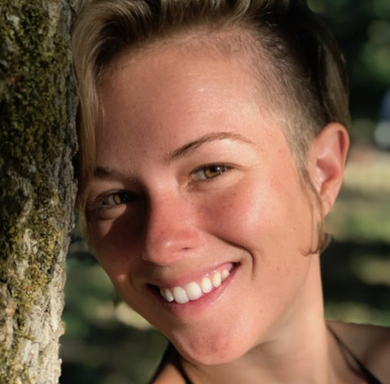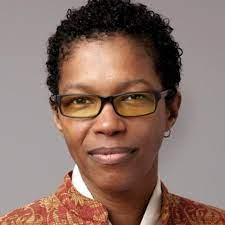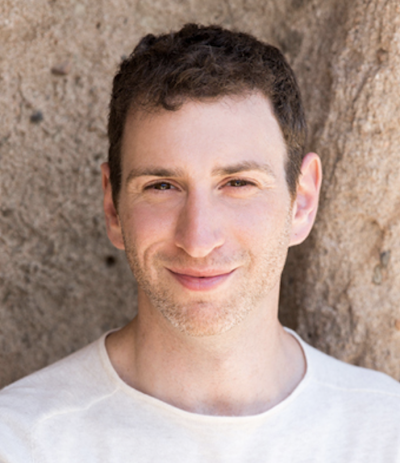Embodiment and Collective Healing
By Gillian Shelley

It’s a lot to be alive right now. As I’m sure you already know and can feel, we are living in a time where our participation matters. If we are really present and paying attention, we know that the choices we make in the next five to fifteen years will have a tremendous impact on the future of life on Earth.
Yet, if we're not embodied, then we can't be present... and if we're not present, we can't take responsibility for what needs to happen so that harm can stop…
Embodiment is a journey of returning to our natural state. We are letting go of the inherited and learned strategies that protect ourselves from feeling pain, and replacing them with pathways ranging from disassociation to full aliveness.
With so much urgent need, I know from my own experience that I can be easily seduced into reactivity and rushing. I try and speed up to heal as much as I can, and make strict choices I know are good for the planet — and feel guilty when I fail to meet my high standards.
But... sometimes I notice how stuck my breath becomes in this reactive state. In these moments, I catch my spinning and slow down to tap into the deeper feelings that live underneath the reactions— grief, uncertainty, fear, and love for what is being lost.
What if we were all we ever needed already? What if we didn’t have to fix anything “out there”? Instead, through becoming more alive and present in our embodied experience, we naturally flow toward expressing a state of healing and balance. As we become more “here,” the pain of the world feels intolerable and our very sense of aliveness is dependent on taking action to heal collective pain.
Let’s do an experiment here to walk the talk of embodiment and notice the aliveness in our bodies.
First take:
Quickly read through the list below and notice how your body responds.
Clear-cutting and mountain-top removal.
George Floyd. I can’t breathe.
Spiral islands of floating micro-plastics in the ocean.
Taking away Trans medical treatment rights.
6th Mass Extinction of species.
Pause. What do you notice?
As I write this, I feel my tongue harden and press against my teeth. A lump forms in my throat. My belly tightens and my pelvic floor draws upwards. I brace, protect, harden.
Take two:
Now, try reading that list again, but this time, read it slowly. If you can, stand up or sit upright. As you read each line, imagine with your whole body what you’re actually reading. Allow yourself to take it in as much as you can. Give yourself all the time that you need. And, above all, involve your body in the process. Shake your shoulders, make ugly sounds, wiggle your wrists. Whatever you need to do to move through what is happening.
Pause. What do you notice now?
As we involve breath, senses, movement, and sound to awaken the body’s felt experience, we are able to become more present to the pain that we feel related to the monumental collective issues we're facing.
We need to be embodied if we are to truly heal the pain our world is facing — and somatic movement is a key tool to support us in being here in our full aliveness.
 Just yesterday and today, I had the great privilege of listening (twice) to a podcast from Embodiment Matters interviewing Rev. angel Kyodo williams and Dr. Scott Lyons. The title of the episode is Embodiment & Social Justice.
Just yesterday and today, I had the great privilege of listening (twice) to a podcast from Embodiment Matters interviewing Rev. angel Kyodo williams and Dr. Scott Lyons. The title of the episode is Embodiment & Social Justice.
Here are five key summarized takeaways from this rich conversation, I urge you to listen to the whole hour and 19 minutes if you have the time!
 1. Embodiment is a Shift from the conceptual back to felt experience. It is re-inhabiting our primal language of sensation, feeling, breath. (Dr. Scott Lyons)
1. Embodiment is a Shift from the conceptual back to felt experience. It is re-inhabiting our primal language of sensation, feeling, breath. (Dr. Scott Lyons)
2. We don't have social justice because we don't have embodiment... We are naturally embodied as humans... That is part of the inherent program and design of Eestern Euro-centric culture: to disembody people. To have a program of disembodiment allows for untenable things to happen. (Rev. angel Kyodo williams)
3. When we are inhabiting our bodies, that warding off of the truth becomes intolerable because now we feel it. Our life and sense of being alive starts to become dependent on navigating it. (Rev. angel Kyodo williams)
4. Another skill is to be able to mind your business. In the process, we’re so bombarded with needing to be right and get out there and say all the right thing about social and political realities. Time that we need to mind our own business. Our reactivity is not necessarily ours, it’s what we’ve been trained to do. (Rev. angel Kyodo williams)
5. The state of activation/arousal that takes us into action is the most contagious state. (Dr. Scott Lyons)
6. How do we start unraveling the momentum of systems of dominance? We have to start with the dominance in our own bodies. That is the project of embodiment. (Rev. angel Kyodo williams)
7. Our bodies provide present information unless we’re looping in old trauma. Can’t kick the record and get out of the loop. Embodiment provides that — we can see that we’re looping. Out of seeing that, we can see the exit from the looping, which is returning to ourselves instead of the loop. We become a more comfortable and viable place to come back to — now we can source from a new place. If collectively, more of us are sourcing from a new place… we’ll still have conflict and be human, but we will be human beings that have begun to undermine the encoded and internalized domination that we keep recreating. (Rev. angel Kyodo williams)
Here are a few more resources around this topic to check out!
1. The Body Is Not An Apology (book by Sonya Renee Taylor)
2. The Embody Lab (your hub for embodied education, self-discovery, and healing for global transformation)
3. Becoming an Embodied Anti-Racist for Collective Trauma Healing with Francesca Marguerite Maximé (podcast from Body Kindness)
Gillian Shelley is the Inclusion Program Coordinator for The Shift Network.
Catalyst is produced by The Shift Network to feature inspiring stories and provide information to help shift consciousness and take practical action. To receive Catalyst twice a month, sign up here.
This article appears in: 2021 Catalyst, Issue 6 - Somatic Movement Summit



